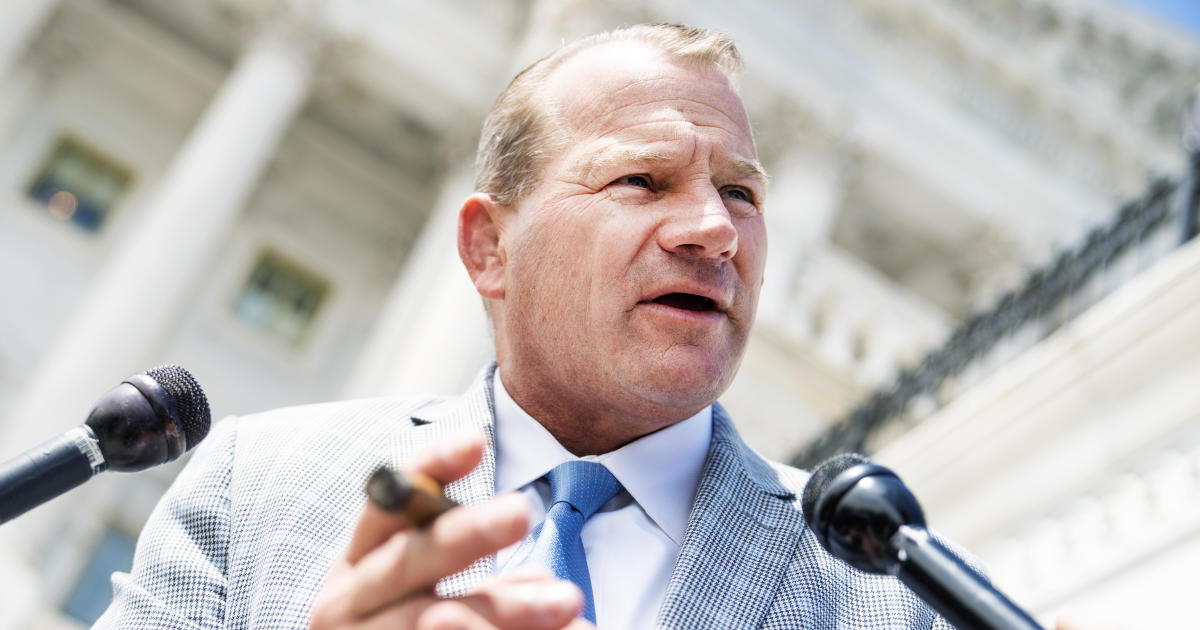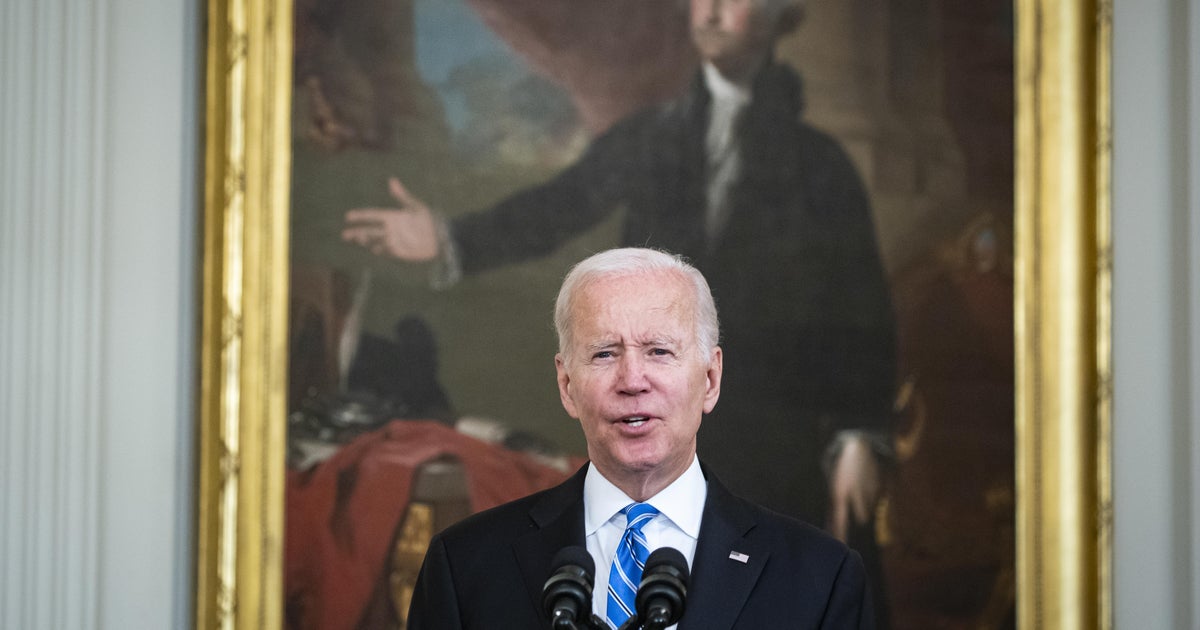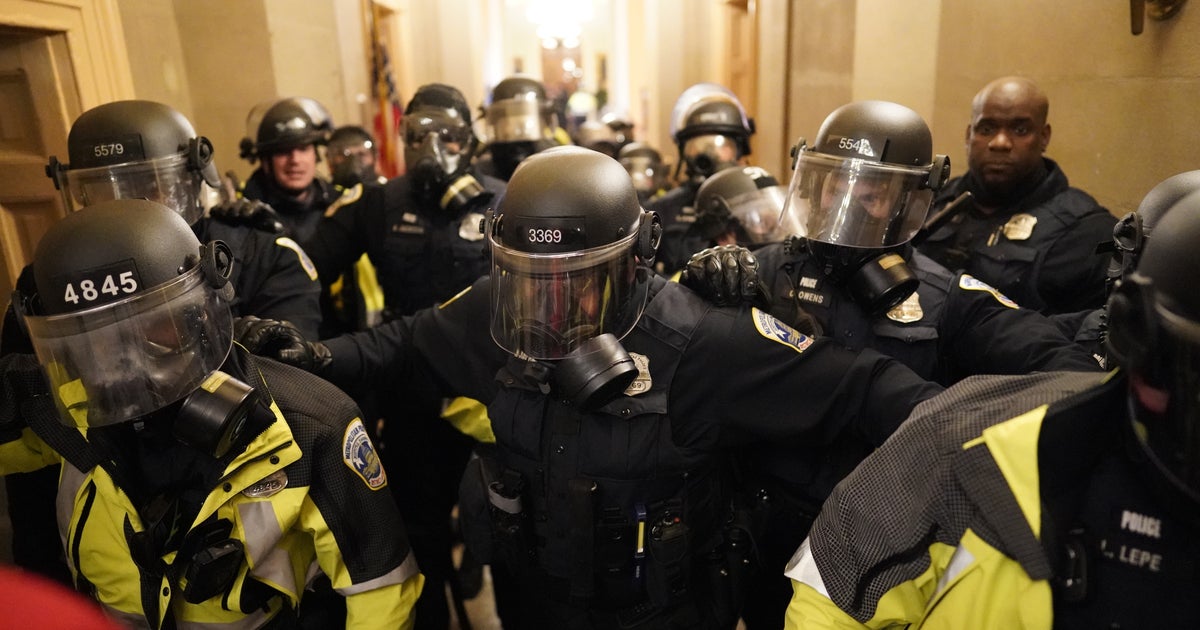No. 2 U.S. intelligence official talks about how U.S. is preparing for 2020 election threats
The U.S. intelligence community is preparing to confront a novel set of challenges related to the upcoming 2020 presidential elections amid proliferating disinformation threats – in part by boosting the amount of information it shares publicly, according to the number two intelligence official.
"We have no expectation that, in 2020, [adversaries] will stay with the approach that they had in 2018," said Principal National Intelligence Deputy Director Sue Gordon, who serves as deputy to Director of National Intelligence Dan Coats. "So, I think we already have raised our vision."
"This is a world where the threats are to and through information," she said, "So, both our opportunities and our challenges, I think, are related to that."
In an interview with Intelligence Matters host and CBS News senior national security contributor Michael Morell, Gordon, a career intelligence official who spent 27 years at the CIA before being nominated to her current post by President Trump in 2017, said foreign adversaries' efforts to interfere with the country's election security potentially pose a near-existential threat.
"I can think of no greater threat to America than actions that would make us not believe in ourselves," she said. "That is, national interests of our adversaries using information in order to sow seeds of division … or make people believe their votes don't count, or position tools in our infrastructure" to otherwise affect the integrity of voting processes.
"The question is, over time," Gordon continued, "'How do you keep on being refreshed? How does the intelligence community itself not believe its prior assessments so much that it can't see something else?'"
"But I think we're there," she told Morell.
In early 2017, the intelligence community – then led by former DNI James Clapper – issued a rare, unclassified assessment that Russian president Vladimir Putin had ordered a broad and multifaceted influence campaign aimed at the 2016 presidential election that was intended to boost then-candidate Trump's electability while harming former Secretary of State Hillary Clinton's.
Gordon said she was "proud" that assessment was made available to the public. "[T]his is culturally difficult for us," she said of a community used to keeping most of its findings secret. "That was a huge leap."
As the 2018 midterm elections approached, U.S. officials from multiple agencies warned that Russia and others, including the Chinese government, would likely seek to disrupt political and voting processes. Though no comprehensive, unclassified report has emerged on any specific foreign influence campaigns – or on the U.S. government's response – press reports later indicated that offensive cyber actions were taken against some Russian entities to avert their interference attempts. Officials and cybersecurity experts also said that Russia's 2018 activity in particular was comparatively subdued to that of 2016.
In recent months, U.S. intelligence officials have repeatedly issued warnings of varying specificity about the election security challenges the country is likely to face in 2020. The annual Worldwide Threat Assessment said adversaries and strategic competitors – including Russia, China and Iran – are likely to "refine their capabilities and add new tactics," including by learning from each other's respective efforts.
A senior intelligence official told reporters in June that unknown actors continue to attempt "suspicious and malicious activities against internet-connected infrastructure" and that foreign influence operations remain a "considerable area of concern."
Gordon, who in her current role has overseen a sweeping modernization initiative meant to help the intelligence community develop and more quickly adopt new technologies, said multiple intelligence agencies were actively pushing their own cultural boundaries in order to provide more information ahead of 2020, both to the public and to the leaders of private businesses that might be targeted.
"[N]ow the threat surface is disproportionately not controlled by the government. And the people who are deciding about protection are not government officials," she said. "And what that means is, intelligence has to be made available for those decision-makers, whether it's the populace — 'You all are being duped' – or the private sector – 'You all are having your secrets stolen.'"
Boundary-pushing discomfort aside, Gordon said, "If we remember we're in the national security business, I think we'll find our way to be able to provide good stuff [there]."
She told Morell that some internal processes would have to evolve in order to make more transparency possible. "We now will need to develop new analytic tradecraft," she said, "because we're going to have to write more openly, and writing for business or writing for the public is different from writing for government."
"It's a world where, increasingly, secrets aren't going to stay secret forever," Gordon said.
This conversation is part of a continuing Intelligence Matters series on "Leadership of the IC." For much more from Michael Morell's conversation with PDDNI Sue Gordon, you can read the transcript here and subscribe to "Intelligence Matters" here.



